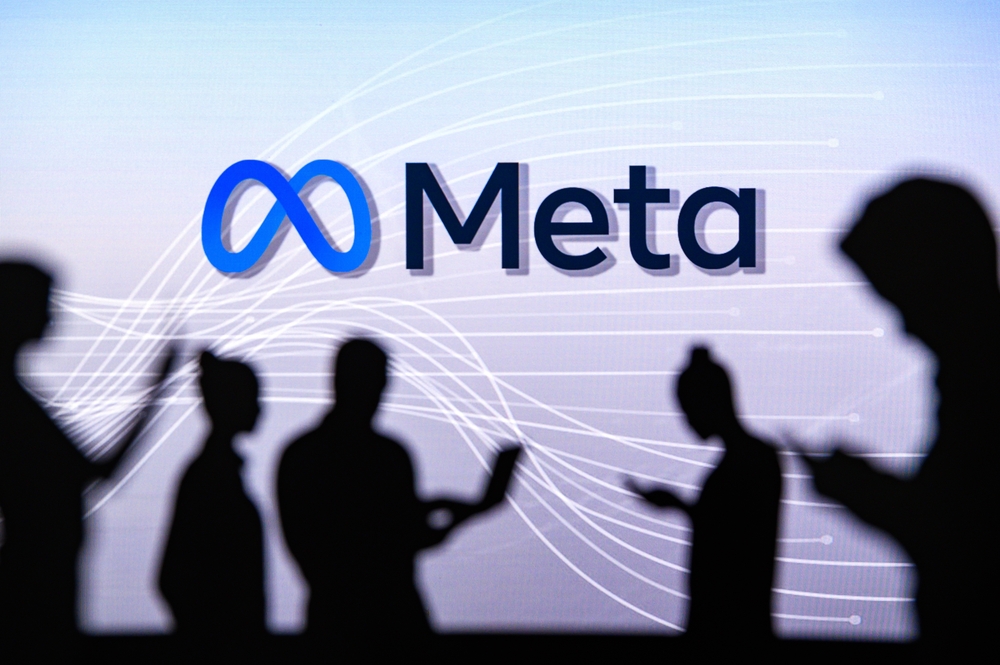Meta AI (formerly known as Facebook Artificial Intelligence Research, or FAIR) is undergoing major internal changes, with some insiders describing the lab as “slowly dying,” according to Fortune. In contrast, Meta has characterized the developments as part of a “new beginning.”
The departure of Joelle Pineau, Meta’s VP of AI research and head of FAIR for the past two years, has taken many by surprise. Once at the forefront of AI development, FAIR has gradually been pushed aside, especially after CEO Mark Zuckerberg redirected the company’s focus toward commercially driven generative AI products. For instance, the Llama model, one of Meta’s most well-known recent AI products, was developed by a separate generative AI team—not by FAIR.

This shift has contributed to the departure of numerous talented researchers. Within six months of the publication of the original Llama paper in February 2023, more than half of its 14 authors had left Meta. In total, at least eight top FAIR researchers have exited over the past year. Former employees told Fortune the lab is “dying a slow death,” with Pineau’s exit seen by some as a possible final blow.
Leadership Changes and Internal Restructuring
Yann LeCun, FAIR’s founder and Meta’s chief AI scientist, has stepped in as interim lab leader. LeCun disputes claims of decline, stating, “This is definitely not the death of FAIR.” He insists that FAIR is entering a new phase, emphasizing long-term goals through a project known as AMI (advanced machine intelligence). According to LeCun, separating FAIR from short-term generative product development allows the lab to refocus on foundational research.
Pineau herself echoed this optimism, telling Fortune that she remains “very enthusiastic about Meta’s overall work and strategy in AI.” She stated that support for FAIR within Meta is still strong, and that her departure was a personal decision to reallocate her energy before starting a new chapter.
FAIR’s Role in Meta’s AI Ecosystem
Despite its role in developing open-source generative models like Llama and Llama 2, FAIR has seen diminishing influence, notes NIX Solutions. Reports from The Information and Fortune detail growing competition for computing resources and organizational shifts that have impacted the lab’s output. A rival Meta group began developing a competing model before ultimately abandoning it. In January 2024, FAIR was restructured again, and Llama 4 was released by Meta’s generative AI division, not FAIR.
Currently, a new team under Meta VP Manohar Paluri is leading Llama development, with FAIR largely sidelined. According to former employees, Meta’s strategic direction now prioritizes generative AI programs over FAIR’s historically broader research portfolio.
As the situation evolves, we’ll keep you updated on FAIR’s position within Meta and how the company continues to adapt its AI strategy.
